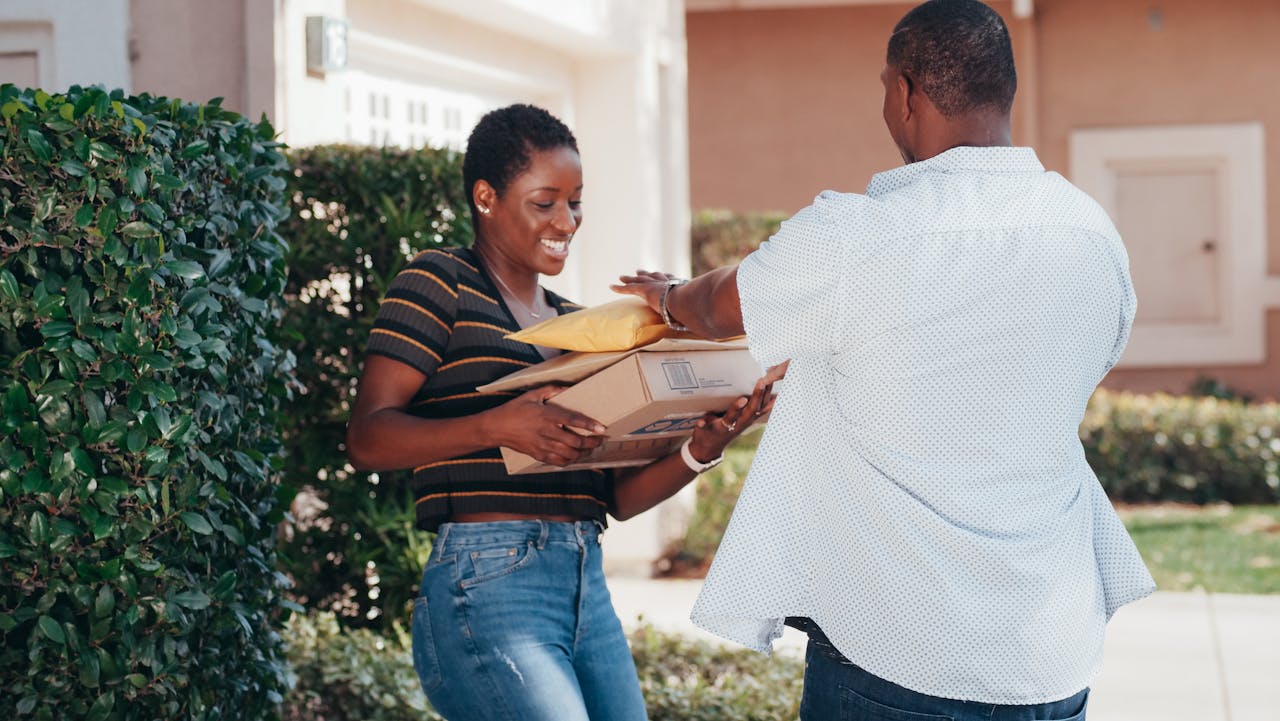Join the Codirect Family
Choose Codirect Courier and Fulfillment Center for your shipping and logistic needs, and become part of a growing family of satisfied customers who value exceptional courier services. We are committed to growing the Tanzanian economy by providing logistics solutions that propel businesses and individuals forward. Contact us today to learn more about how we can help you achieve your delivery goals.




